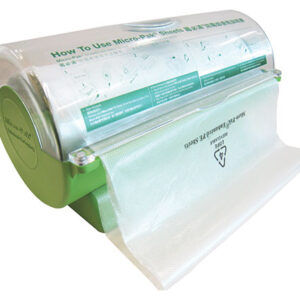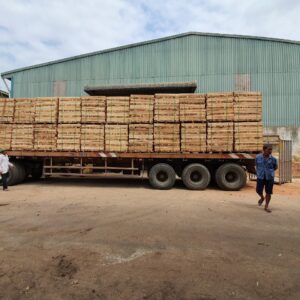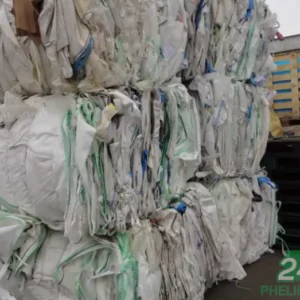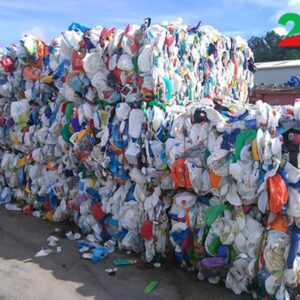Surely everyone is no stranger to activated carbon. They are widely used in life as well as in production. So what is activated carbon, how does it work and how does it work when used? Please read along with the article of viewing to understand more about activated carbon.
1. The concept of activated carbon
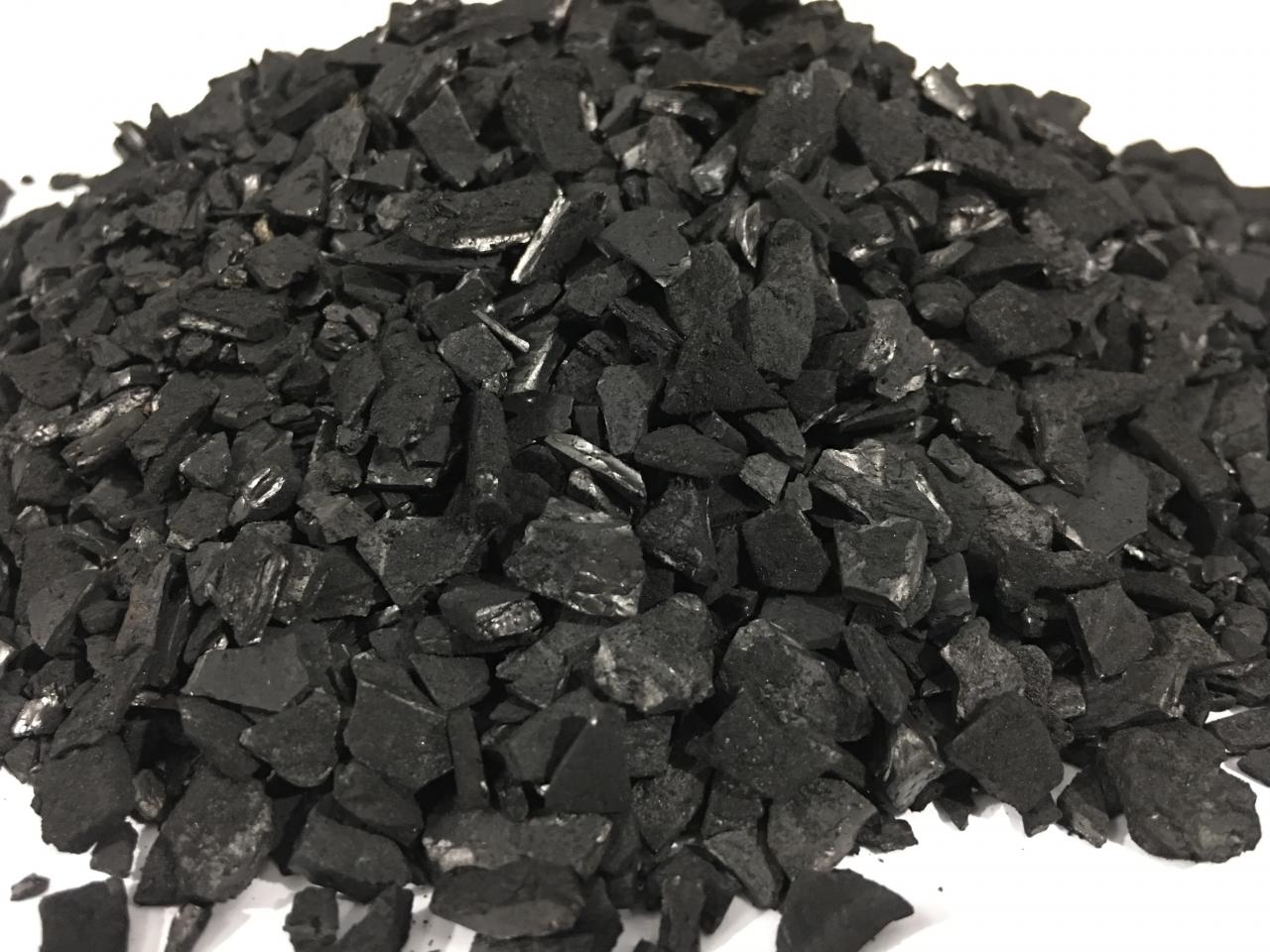 What is activated charcoal?
What is activated charcoal?Activated carbon, also known with the scientific name activated carbon, is a form of carbon that has been treated with oxygen at high temperature in an anaerobic environment before being activated according to separate technologies, to obtain the best type of carbon. coal as desired with a new, more porous structure. Activated carbon with this structure will have a very large contact area that makes them attract and absorb other substances like a magnet.
By isotherms adsorption of carbon dioxide gas in the laboratory. Some scientists have previously found that for every 2mg of activated carbon, there is a surface contact area inside the molecule equivalent to the area of a standard football stadium.
2. Popular forms of activated carbon today
2.1. Granular activated carbon
With a large particle size, it is often used in water treatment processes because of its high fixation and low washout.
2.2. Activated carbon powder
This is a type of activated carbon that exists in the form of a fine powder, used to handle synthetic chemicals and chemical leaks.
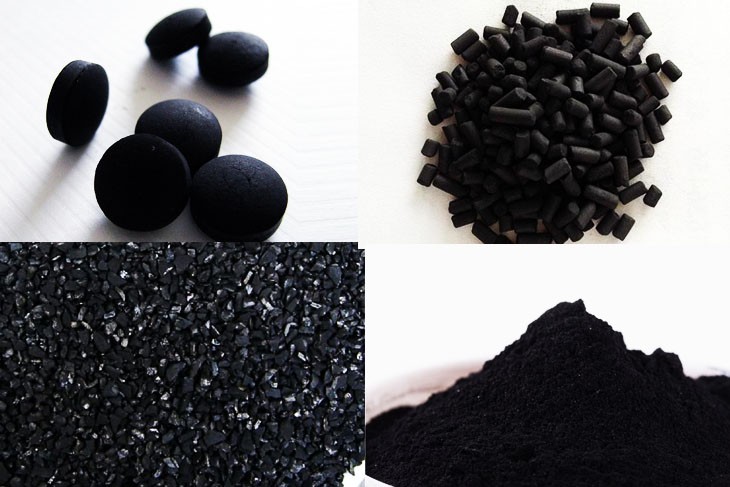
Outstanding forms of activated carbon
2.3. Activated carbon tablets
Has a block-shaped cylinder used in domestic water purification tanks
2.4. Activated carbon sheet
With this one is made from frames and cut sponges made of charcoal powder used in deodorant
2.5. Tubular activated carbon
How to make activated carbon
Activated carbon produced by coconut shell
The raw material for the production of activated carbon is coconut shell (coconut fiber), which is burned at a temperature of 800 °C to 900 °C with the activating agent being steam inside the rotary kiln with island wings.
This island will scoop soup up and pour coal down continuously, with the ability to increase the area exposed to steam as well as extend the path of the coal in the furnace.


